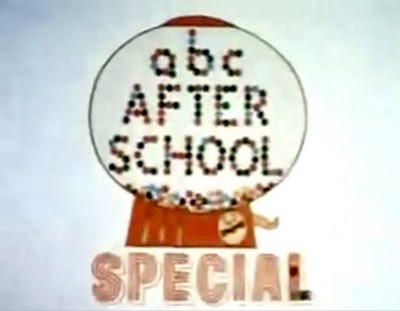
In today's very special episode, Pierrot learns that you can "Just Say No" to the moon and STILL be cool.
The Avant Music Festival got a lot of press earlier this week for their part in the John Cage centennial, a sold out marathon concert of his works. While I missed that extravaganza, I was able to swing by for the third concert of this, their third year. The first half was dedicated to Schoenberg’s seminal expressionist work, Pierrot Lunaire, the second to a song cycle by composer Jenny Olivia Johnson.
Premiered in 1912, Pierrot Lunaire represents one half of a great fork in the road of 20th century music. If one follows the road labeled Pierrot, one ends up in the expanse of expressionist atonalism and serialism. If one follows the road labeled Le Sacre (premiered just seven months later), one ends up in the world of polytonal neoclassicism. My tastes have always leaned towards the latter path, and while there are many works down the heady Viennese path that I love (more often than not, they’re composed by Berg) much of Schoenberg’s work leaves me cold.
Pierrot is not an exception. It’s a prickly chin-scratcher with a dense poetic text that feels oh so arty that it simply MUST be good for you. There are bits that are genuinely funny (those wacky German expressionists, smoking their bald pates) but most of the time I feel like I’m far too removed from the culture to really understand what’s supposed to be going on.
Wednesday’s performance was a strong one. The ensemble chose to stage the work, with projections, semi-mobile instrumentalists and a dancer performing the role of Pierrot. The multi-media aspect helped distract me from the chilly material and emphasized Schoenberg’s unique handling of the ensemble, with different movements featuring different groupings of instruments. Megan Schubert’s Sprechstimme was beautifully expressive with a ringing soprano head resonance that was, for me, a welcome change from the gruffer, Lotte Lenye-like contralto hues that I seem to associate with the technique.
But the surprise triumph of the evening was Jenny Olivia Johnson’s deeply moving and beautiful meditations on the trials of young adult-hood. Her After School Vespers combines four songs, each focusing on topics such as cutting, binge drinking, and molestation. If Schoenberg’s work was from a culture too foreign to relate to, Johnson’s ran the risk of covering territory too familiar to be taken seriously.
But more often than not, Johnson’s treatments are effective, particularly Cutting with its jarring use of a driving industrial sample, and Dollar Beers (Redondo Beach ’96) with its languorous descending chord progression. The latter two pieces, while also lovely and haunting, exposed a stylistic similarity in the cycle that made one yearn for more variety. The structure for each song seemed repetitive, a soprano intones individual notes in a haze of reverb as the ensemble builds diatonic clusters. Intensity builds slowly, eventually reaching a climax that finds the soprano sustaining fortissimo notes at the upper end of her register, a device that is perhaps best used only once in a song cycle. Still, when the concert was finished, I found myself disappointed that there was no recording of the piece for me to buy at the merch table. These are pieces I am looking forward to hearing again (as opposed to Pierrot, which I only need to hear once a decade, per stipulations of contemporary composer’s collective agreement no. 3324. I’m certified moon-sickness free until 2022.)
